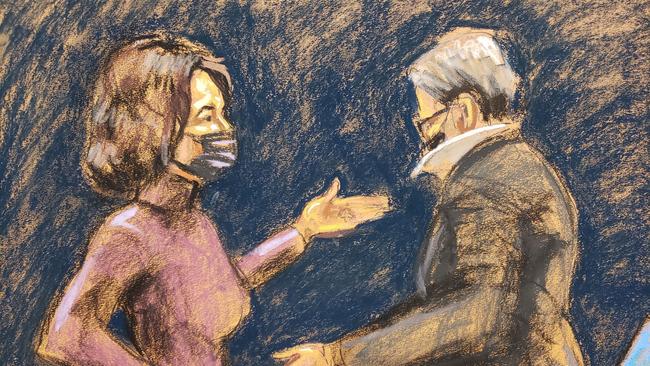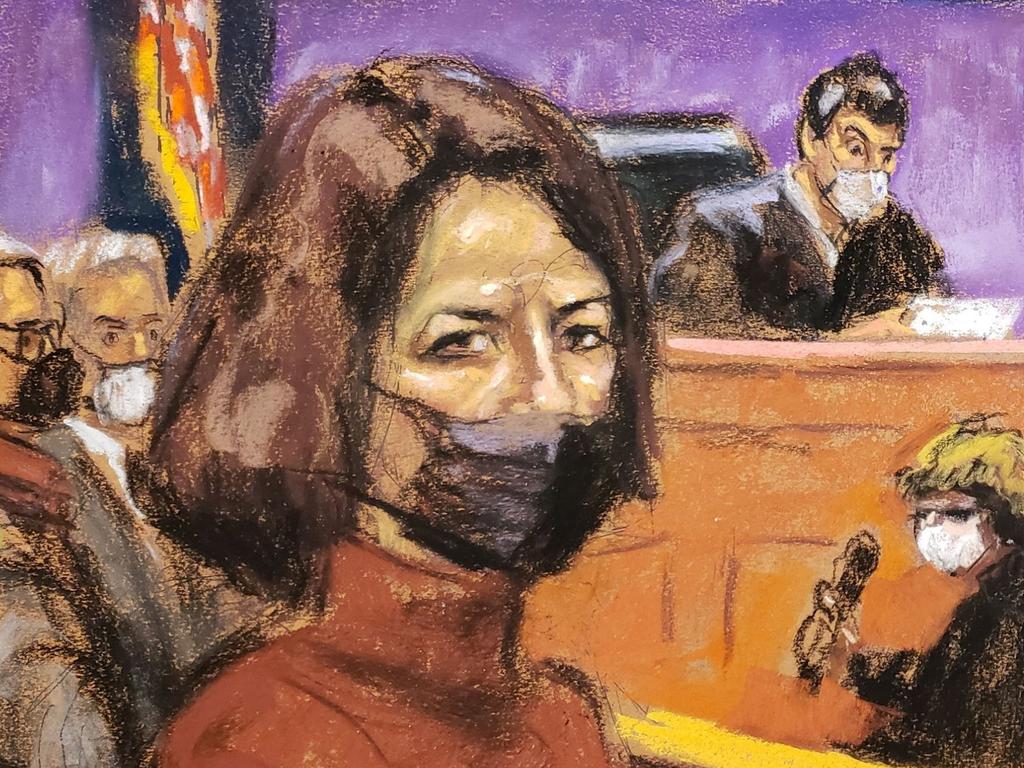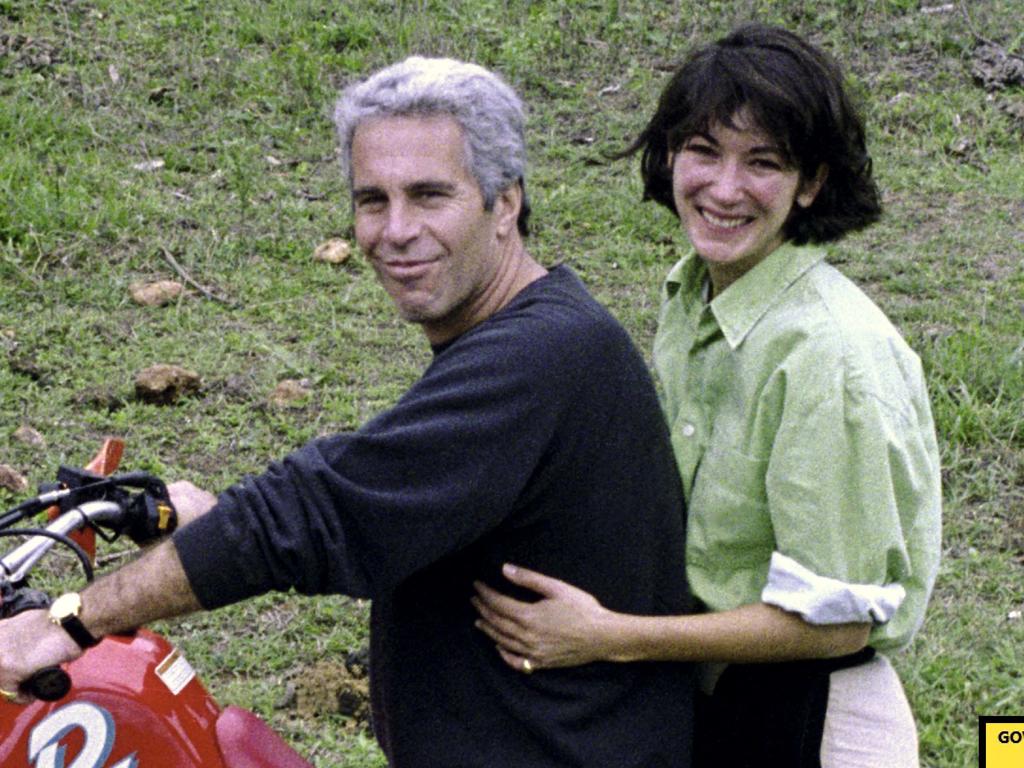Ghislaine Maxwell’s request for new trial denied by judge
Juror’s lack of truthfulness on screening questionnaire wasn’t deliberate in Jeffrey Epstein confidante’s sex-trafficking case, judge concludes.

A federal judge on Friday rejected convicted sex-trafficker Ghislaine Maxwell’s request for a new trial, ruling that a juror’s lack of truthfulness on a jury-screening questionnaire didn’t justify throwing out the guilty verdict.
Judge Alison Nathan in New York concluded that the juror didn’t deliberately fail to disclose on the questionnaire that he had been a victim of sexual abuse. The juror’s “lack of attention and care in responding accurately to every question” was regrettable but didn’t warrant a new trial for Ms Maxwell, the judge said.
“The Court further finds that Juror 50 was not biased and would not have been stricken for cause even if he had answered each question on the questionnaire accurately,” Judge Nathan wrote in the 40-page ruling.
Ms Maxwell, 60 years old, was convicted in December of sex-trafficking charges after a trial in which witnesses testified that she helped disgraced financier Jeffrey Epstein sexually abuse underage girls. She is scheduled to be sentenced on June 28.
After the verdict, the juror told news outlets that he was a sex-abuse survivor and used his experience to sway other jurors during deliberations. Following those disclosures, Ms Maxwell’s lawyers argued the juror was biased, preventing her from receiving a fair trial.
The judge held an unusual hearing last month in which she questioned the juror about the false answers on the questionnaire.
The juror testified under oath that he was a victim of sexual abuse as a child, and said that he sped through the jury questionnaire. He said he had made a mistake and his experiences hadn’t impacted his ability to be a fair and impartial juror.
Judge Nathan said in Friday’s ruling that she had presided over a murder trial in which a juror who had a family member murdered wasn’t struck from the jury pool for cause. “And survivors of rape have and can serve impartially in trials charging the crime of rape,” she said.
The judge said the key question wasn’t simply whether someone had experiences similar to those explored during the trial, but rather whether a juror could serve fairly and impartially.
Judge Nathan served on the federal district court in Manhattan when she presided over the trial but recently won Senate confirmation to the Second US Circuit Court of Appeals.
Lawyers for Ms Maxwell didn’t immediately respond to a request for comment. “Juror 50’s testimony shows that the victims’ testimony personally resonated with him in a way that jurors who had not been sexually abused as children would not have felt,” her lawyers argued in court papers. “It caused him to regard himself as an advocate of the victims rather than a neutral arbiter of the facts.” A spokesman for the US attorney’s office in Manhattan declined to comment. Prosecutors had argued against a new trial. It was clear the juror made a mistake because he wasn’t careful, not because he sought to be placed on the jury, they said.
“Jurors can and do make mistakes, and a defendant is entitled to fairness, not perfection,” prosecutors wrote in a legal brief.
They noted that of the 58 people who were deemed qualified to serve as jurors in the Maxwell case, eight disclosed they had been the victims of sexual harassment, abuse or assault.
The Wall Street Journal






